Coral reefs, nature’s vibrant underwater cities, have been under threat for years due to climate change, overfishing, and pollution. However, a new wave of protection efforts is triggering a remarkable regeneration, creating a marine renaissance and revitalizing these stunning habitats. Let’s embark on a dive into the depths of the sea, more specifically, off the coast of Bali, Indonesia—one of the world’s best scuba diving locations and home to a vibrant variety of coral reefs.
The Current Plight of the Coral Reefs
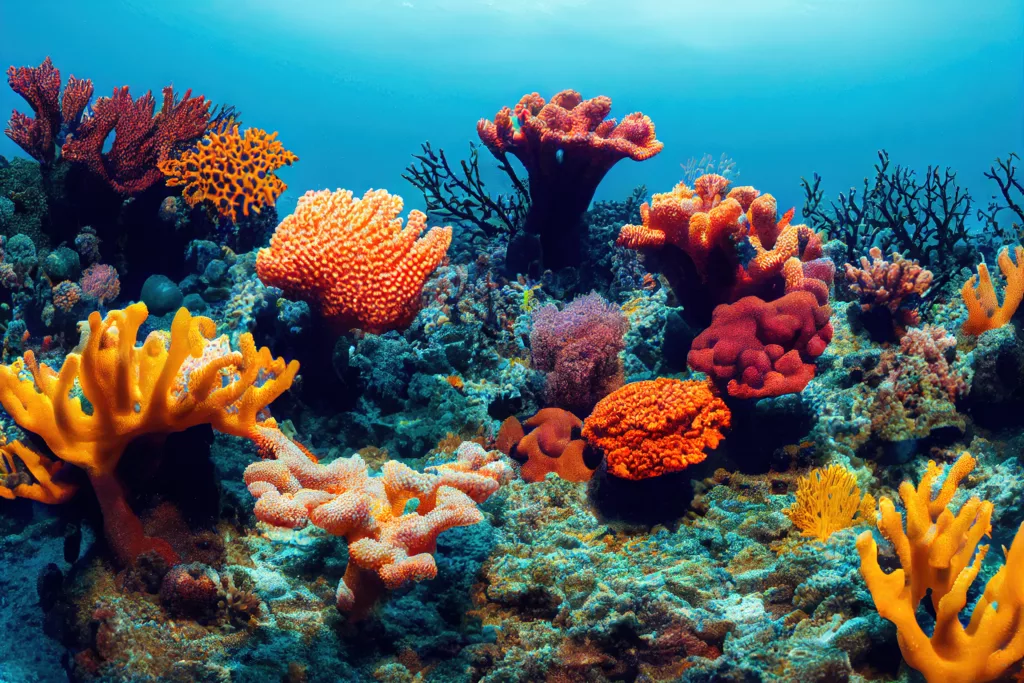
Coral reefs, the gemstones of our aquatic world, are confronting a set of extraordinary challenges. These underwater marvels, regarded as one of the planet’s most abundant ecosystems, are under severe threat. Various human activities, including coastal developments, unsustainable fishing, and climate change-induced occurrences —such as warming ocean temperatures and ocean acidification— have negatively impacted more than 25% percent of the world’s coral reefs. Many of them are now either completely vanished or lingering at the edge of extinction. The coral reefs in Indonesia, a beloved underwater playground for scuba divers, have not been spared either, suffering the same deadly wave of degradation.
The Importance of Coral Reefs
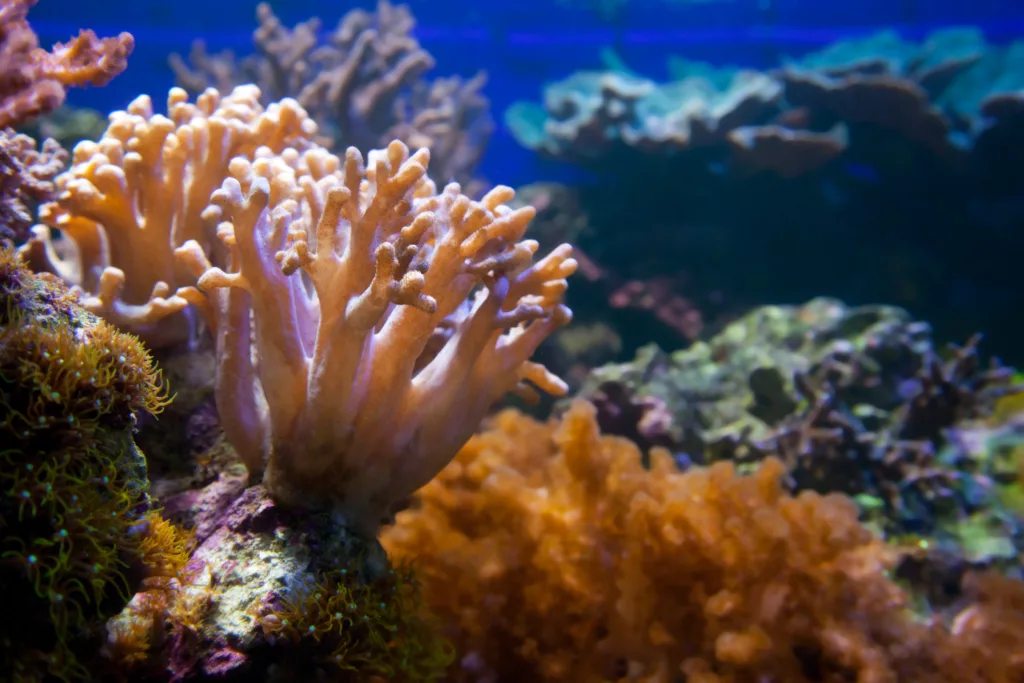
Coral reefs are not just underwater paradises that fascinate scuba diving tourists with their breathtaking scenes of colors and life. These ‘rainforests of the sea’ play various essential roles. They contribute enormously to marine biodiversity, providing shelter and sustenance for about a quarter of all ocean species. Many tiny organisms depend on these reefs for their survival and, in return, also contribute to the health of the coral reefs. Moreover, coral reefs also provide crucial shoreline protection, effectively reducing the power of waves during storms and thus mitigating coastal erosion. However, despite their significant roles and taking up less than 0.1% of the ocean’s surface, their existence hangs in a delicate balance.
A Sea of Change: The Marine Renaissance
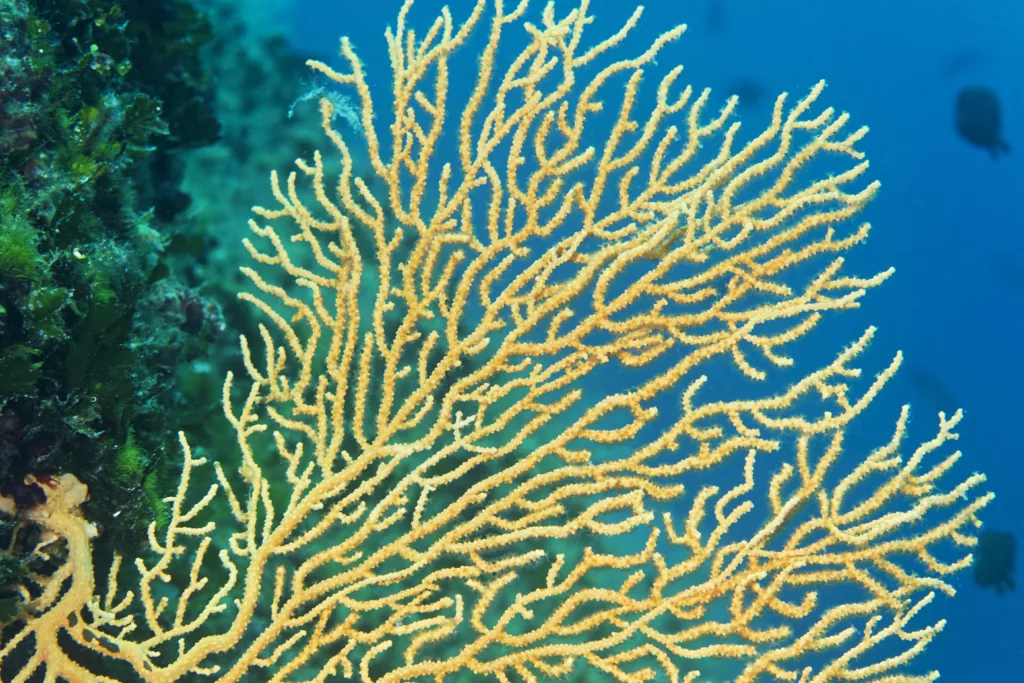
In light of the distressing plight of the world’s coral reefs, a new wave of change has been initiated. Communities, governments, and environmental organizations globally are making conscious commitments towards the preservation and restoration of these precious ecosystems. A variety of pioneering measures are being taken to safeguard and rejuvenate the coral reefs, including artificial coral farming with a view of reintroducing them into the wild. This step marks a significant effort to replenish depleted reefs, a movement that could metaphorically be termed the ‘marine renaissance’. Notably, Indonesia, with its rich marine biodiversity, has been undertaking audacious efforts in this direction, inviting the attention of the world.
Bali’s Coral Protection Efforts
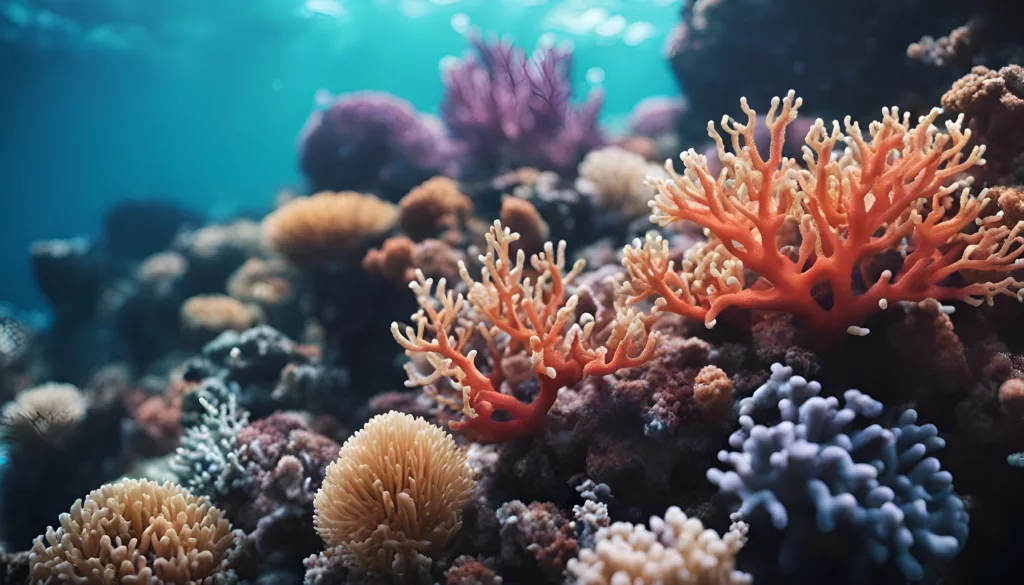
Bali, renowned for its stunning underwater beauty, is not standing behind in this coral protection movement. Spearheading this effort is the community-led project titled ‘Karang Lestari’, translating to ‘Everlasting Reef’. Their inventive technique utilizes bio-rock technology to rehabilitate degraded coral reefs. Steel structures are strategically placed on the seafloor onto which fragments of living coral are fastened. Following this, a low-voltage current is passed through the structure to stimulate the growth of coral limestone, a process known to accelerate coral growth. This ingenious mechanism has led to flourishing reefs teeming with marine life and has significantly enhanced the scuba diving experience.
The Future of Coral Reefs and Scuba Diving
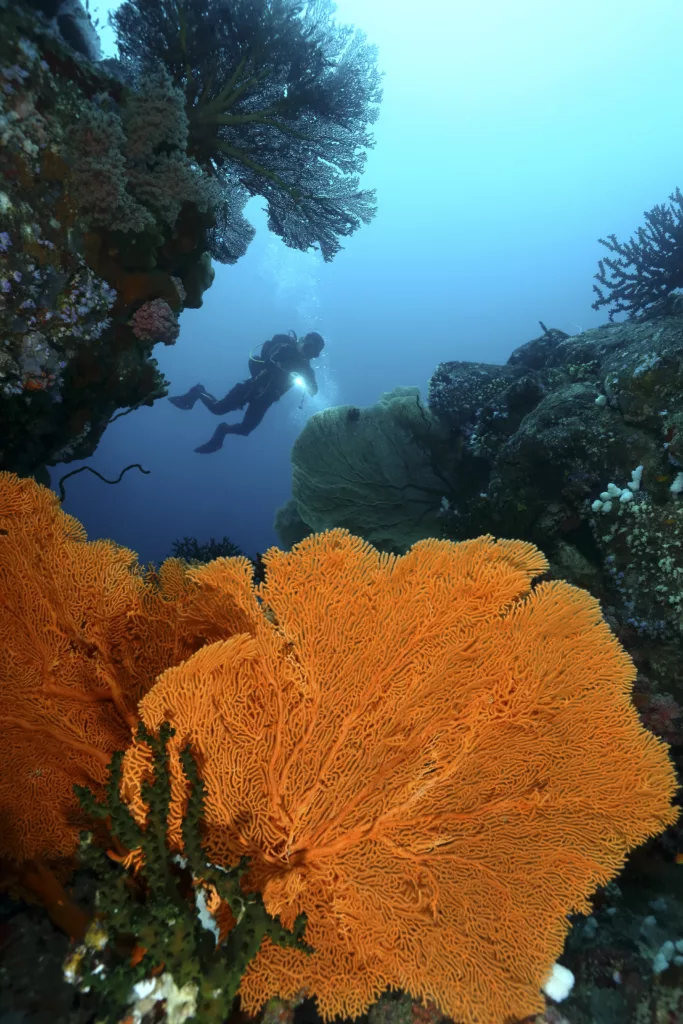
The preservation of coral reefs is an ongoing journey, a cause for marine conservationists and the broader global community that benefits directly or indirectly from these reefs. The harmonious blend of advanced scientific techniques, local community involvement, and international governmental commitment are the driving forces of this sea change, the very marine renaissance that evokes hope for the future of these diverse ecosystems. The collective global efforts benefit the marine ecosystems and add a splash of vivacity to the scuba diving experience. The progress in this crucial area will ensure that scuba divers continue to experience the magical wonders of thriving underwater worlds like those found in Bali and beyond.
Revitalizing Our Underwater Paradises: A Ripple of Hope for Coral Reefs
In conclusion, the plight of our coral reefs is severe, but not hopeless. We are currently witnessing a marine renaissance, a mobilization of human action and engagement, that is leading to significant restoration efforts, particularly in the coral hotspots like Bali, Indonesia. Aided by innovative techniques such as bio-rock technology, the global commitment to coral protection efforts is yielding hopeful results. A revitalized underwater paradise is in the making – for our marine species, our climate, and for all the adventurous scuba divers seeking a glimpse of the thriving life beneath the waves.

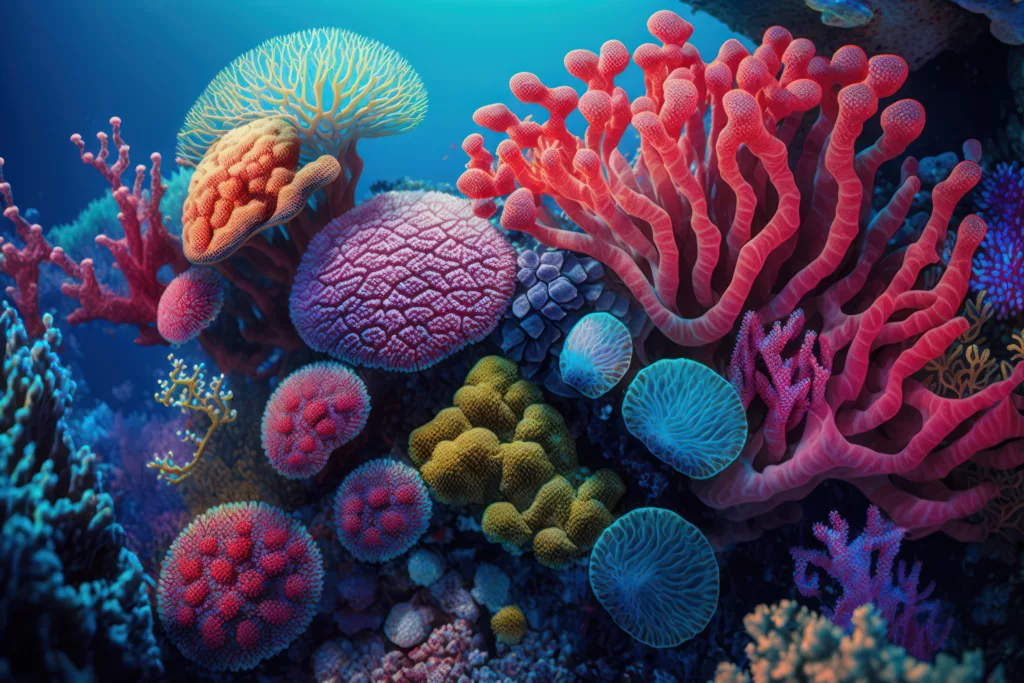
The article paints an alarming yet hopeful picture of coral reef degradation and the restorative efforts undertaken globally. I appreciate the emphasis on community initiatives like bio-rock technology in Bali, showing that local action makes a significant difference.
It’s heartening to see that Bali is taking the lead in coral reef conservation. I hope that more countries will follow suit and take similar initiatives.
Dear Rizal, thank you for sharing your thoughts on our coral reef conservation efforts in Bali. We couldn’t agree more that it’s essential to take a proactive approach to preserving these vital ecosystems. At Pebble and Fins, we’re committed to supporting local initiatives like Karang Lestari, which combines innovative technology with community involvement to restore degraded coral reefs. If you’d like to learn more about our conservation efforts or get involved in the mission to protect Bali’s coral reefs, please don’t hesitate to reach out to us at [email protected] or +62 857 3891 8262.
I’m glad to see that there are efforts being made to protect and restore coral reefs. It’s a crucial step in maintaining the health of our oceans.
Thank you for sharing your thoughts, Aisha! We at Pebble and Fins are committed to making a positive impact on the marine environment. Our resort in Bali is dedicated to not only providing an exceptional scuba diving experience but also contributing to local education and job opportunities. The Karang Lestari project is just one example of our efforts to protect and restore coral reefs. We believe that together, we can make a difference and ensure that future generations can continue to enjoy the beauty of our oceans.
I completely agree with this article. Coral reefs are not just important for marine life, but also play a crucial role in protecting coastlines from erosion and storm damage.
Thank you for sharing your thoughts on the importance of coral reefs! We’re thrilled to hear that you agree with our article. At Pebble and Fins, we believe that education and job opportunities can be a powerful combination in making a positive impact at the local level. Our dedicated training facilities are designed to provide valuable skills to our local staff and surrounding communities. If you’d like to learn more about our initiatives or would like to get involved, please feel free to reach out to us at [email protected] or +62 857 3891 8262. We’re always excited to collaborate with like-minded individuals who share our passion for marine conservation.